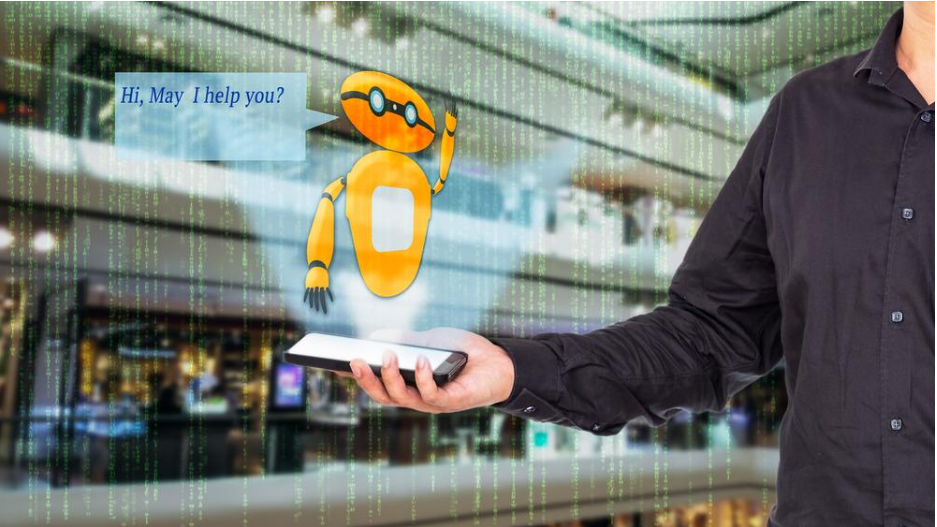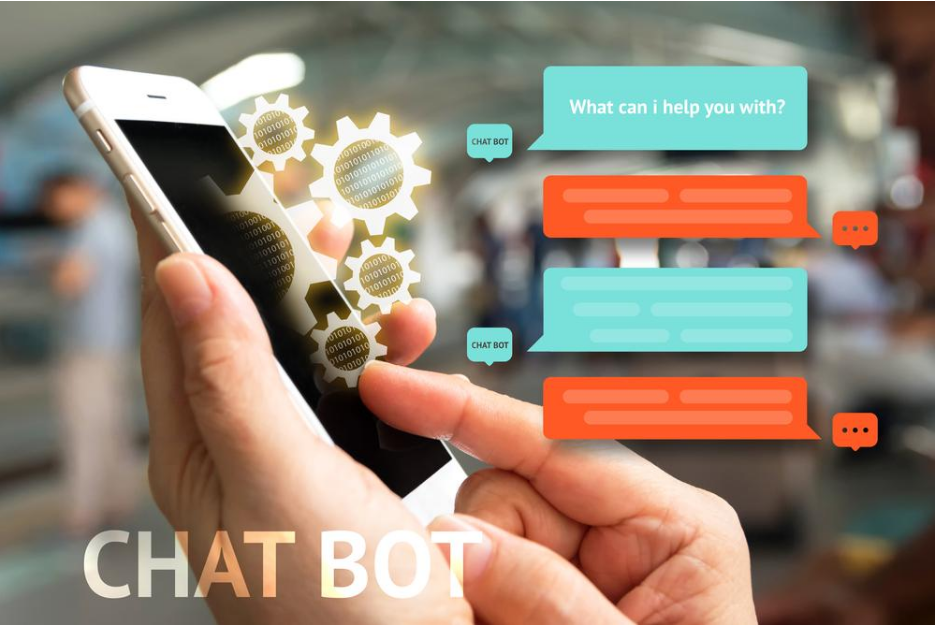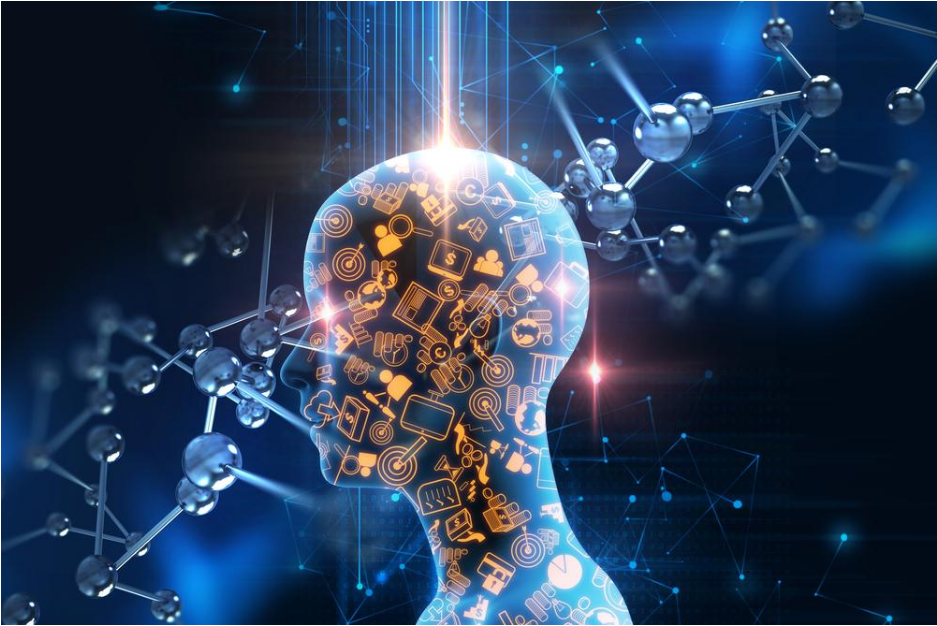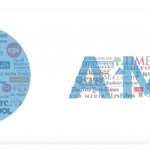Everyone is talking about chatbots and for excellent reason. Chatbots are redefining the customer experience for brands while maximizing sales and support. What are chatbots? How are they being used?
With Facebook and Microsoft investing millions into chatbot machine learning systems, it is worth pondering if chatbots are the future of marketing and customer service.
Did you know Facebook has over 11,000 chatbots on Messenger? Facebook bots can text, send videos, audio clips, and Gifs, says David Marcus, Facebook VP of messaging products. The use of AI is certainly helping Facebook keep up with their 900 million users.
As AI and chatbot chatter continues to blast the web, maybe it’s time to learn a few things about them. Let’s take a closer look at chatbot technology and it’s the next big thing.
What is a Chatbot Anyway?
A chatbot is essentially a form of artificial intelligence that is programmed to have meaningful conversations with humans. It can answer questions or keep a discussion lively. Of course, that is its simplest form.
The true intelligence of a chatbot simply depends on its developer’s algorithmic aptitude. By pairing scripts with neural networks, chatbots can chat like a human, skipping elements of a conversation just as we do.
“It’s technology that’s inevitable,” says Microsoft CEO Satya Nadella.
For instance, let’s say you asked a chatbot what movies are presently in the theater. The chatbot will tell you and automatically know that you will be interested in reviews, movie details, and where the film may be playing. In a sense, AI bots are better conversationalists than actual humans.

Social Media Chatbots, Facebook Messenger, and AI Tech
You have probably had multiple conversations with chatbots already. And you have certainly used bots with your technology. Have you used Facebook Messenger? How about Apple’s Siri, or Microsoft’s Cortana? Those are all fantastic examples of chatbot machine learning technology.
The bot revolution is upon us, but not in the scary “Terminator” kind of way. For example, Facebook announced they will let retailers and media outlets use their chatbots to connect and respond to their audience. Brands integrating or currently using Facebook Messenger chatbots include Uber, Expedia, and even stock updates via the Wall Street Journal.
“Wall Street Journal (WSJ) Messenger Chat Bot is the first few news service chatbots available on the Facebook Messenger Platform at launch. Wall Street Journal bot enables us to get the latest top breaking news, live stock market data, and other financial related information,” announced WSJ last year.

AI Chatbots Streamlining Mobile Customer Experience
Consumers are always connected, and they want lightning fast responsiveness. This is due to the rise in smartphone users with nearly two-thirds of Americans owning one.
According to Pew Research Center statistics, “19 percent of Americans rely to some degree on a smartphone for accessing online services and information and for staying connected to the world around them.”
Brands need to meet the demand consumers have for immediate information, but they also need to balance personal cost.Chatbots streamline the mobile customer experience by taking on the simpler customer needs. This, in turn, frees up sales and support staff for more urgent, sensitive interactions and demands.
Future of Chatbots
AI chatbot technology has certainly made stellar progress in recent years. With innovative companies like Facebook, Microsoft, and Apple leading the way, the future is bright for bots.
As these industry leaders compete, machine learning will also experience exponential growth. Facebook AI is learning to read children’s books. Google is experimenting with AI to predict the ebb and flow of the stock market.
You may never know the difference between a chatbot and a human in just a few short years. Chatbots may change the human experience in unimaginable ways.



